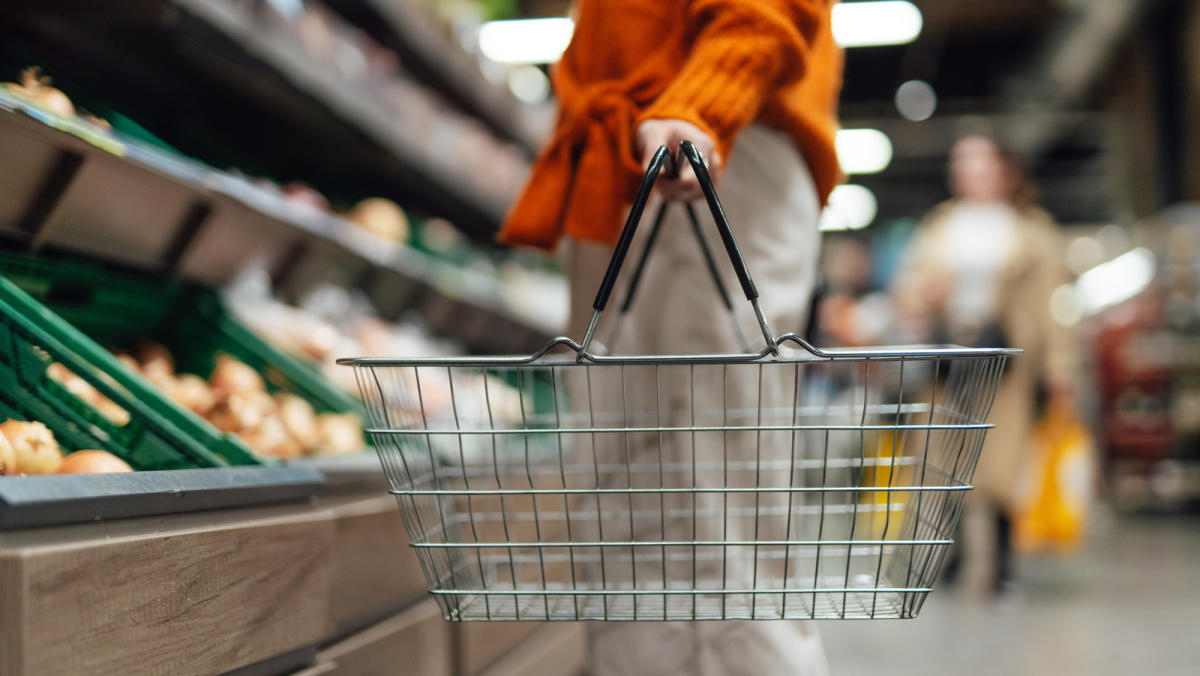We may receive a commission on purchases made from links.
Dockworkers along the U.S. East Coast have gone on strike, and the ripple effects may start hitting your wallet at the grocery store. The strike began at midnight on October 1, just after the existing labor contract expired, affecting several major ports, including busy ones in New York, New Jersey, and Georgia. These are important entry points for a variety of imported goods, from fresh produce to packaged foods. That means the supply chain for many everyday grocery items could be disrupted until workers negotiate an agreement and resume operations, leading to shortages and delays.
As certain items become slim pickings, grocery stores might have to raise prices or find other, more expensive suppliers to make up for it (keep an eye out for items grocery stores mark up the most, like fresh produce and coffee). Big chains like Walmart or Costco can potentially rely on their massive inventory or even pay to ship items to ports that aren’t on strike. But, if the strike continues, the strain on the supply chain will most likely get worse, and those price increases will get handed down to shoppers.
Read more: US Foods You Surprisingly Can’t Find In Canada
What You Should Stock Up On During The Port Strike

Since we don’t know how long the strike will last, it may be smart to stock up on specific groceries while you can. Experts say to be mindful of products that are often imported, including fresh fruits like bananas, citrus, and berries, which are often shipped from Latin America. Other items that could be affected include frozen seafood, coffee, and chocolate. If you tend to buy these things regularly, now is the time to either stock up or make other plans. For example, if you just can’t fathom going without bananas, stock up on less-perishable alternatives like these sweetened banana chips or even freeze-dried bananas. You can also freeze perishable items (just watch out for these common mistakes everyone makes when freezing fruit).
Alcohol is another major import that could be affected, especially if you’re into foreign drinks like rum, Scotch, or European wines. Luckily, there are plenty of cities in the U.S. with some of the best beer, so local options might lead you to discover new favorites in the meantime.
It’s also wise to consider stocking up on long-lasting pantry items like canned goods, pasta, and rice, which could be harder to come by if the supply chain becomes more strained. While we’re not saying you need to go out and start panic-buying or stockpiling, being prepared mentally (and with your pantry) could help you deal with any grocery shortages that might be headed our way.
Read the original article on Mashed.

